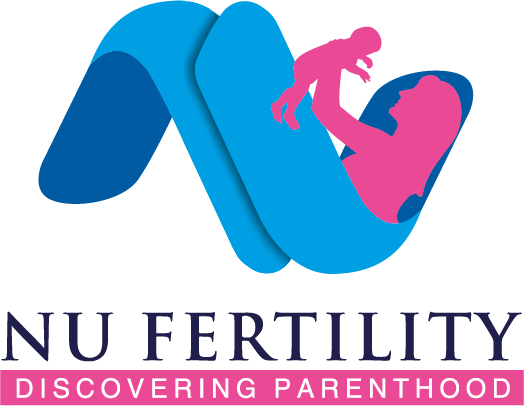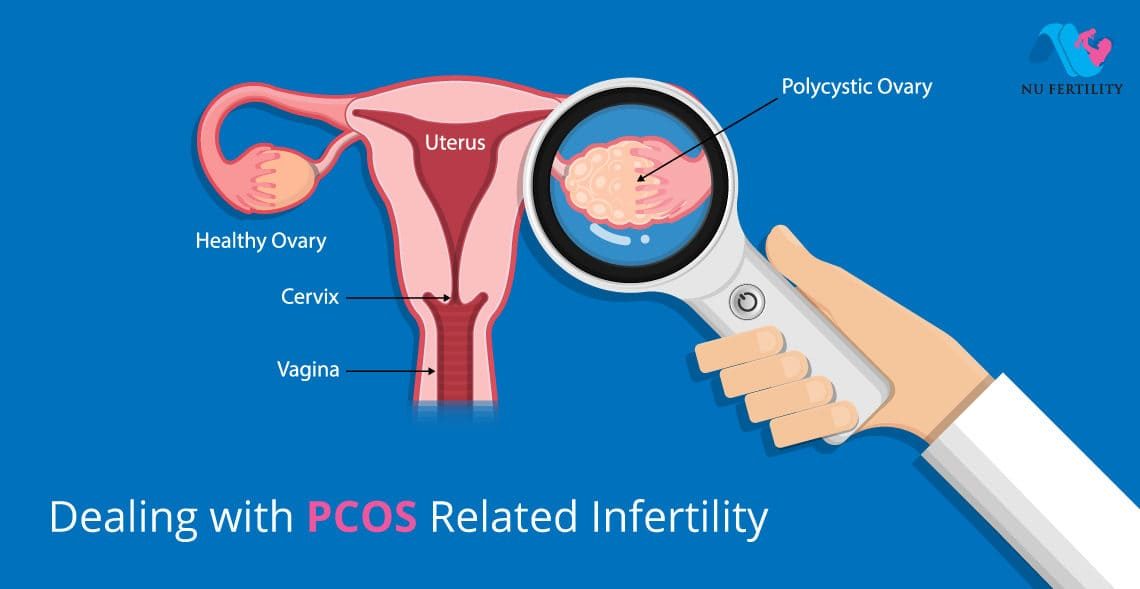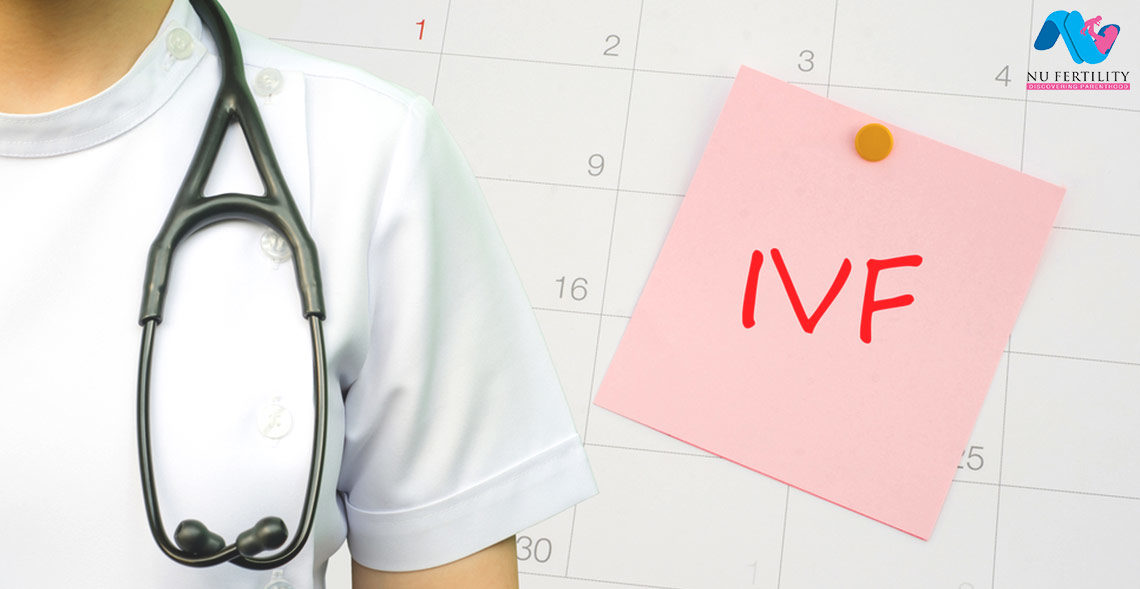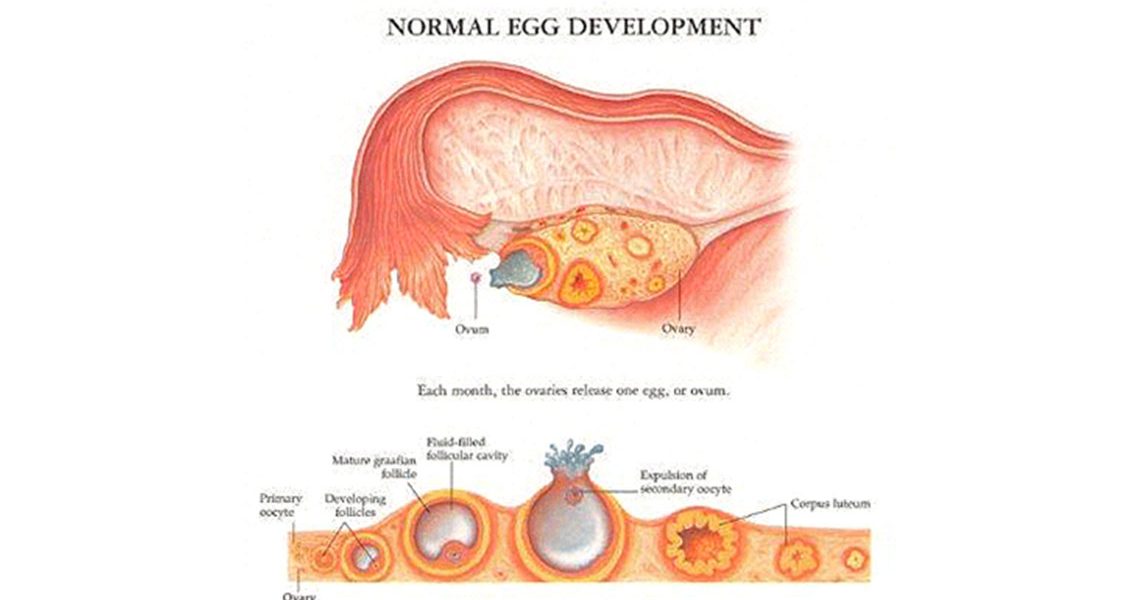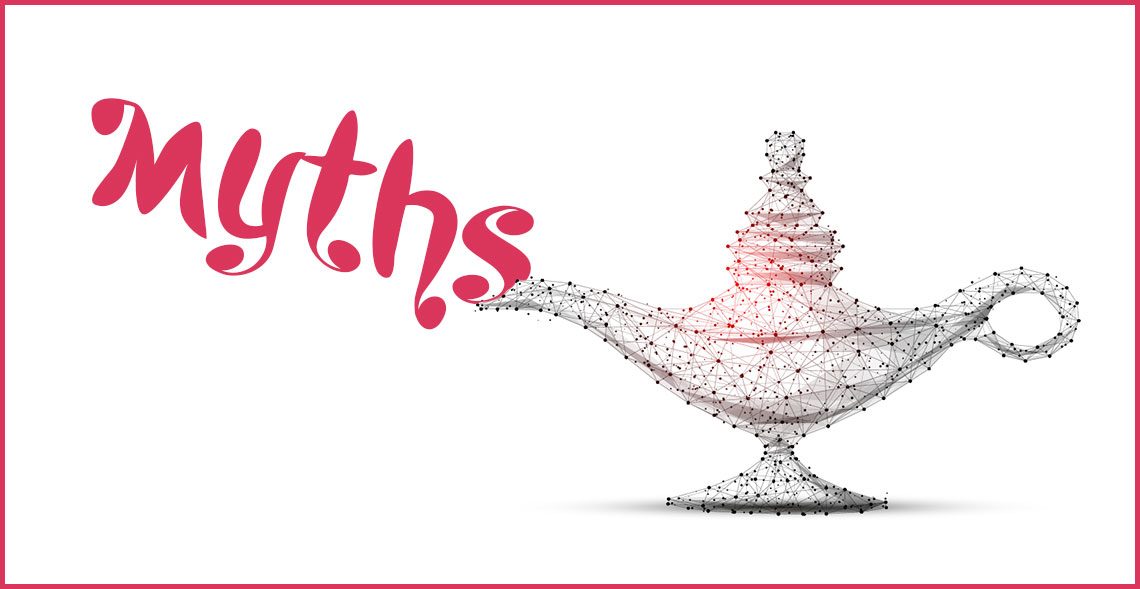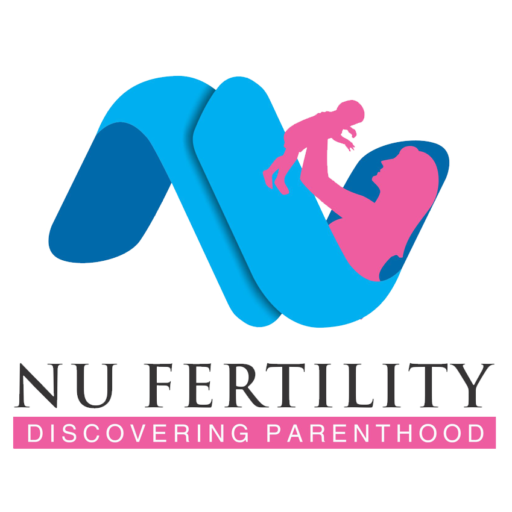Polycystic Ovary Syndrome (PCOS) is a common reproductive endocrine disorder, affecting about 5% of women. In women with polycystic ovaries, the ovaries are enlarged with multiple small cysts, which are nothing but the immature eggs which are not growing. These ovaries also have thick stroma which produces excessive androgens. They may also have an altered ratio of pituitary hormones- FSH and LH which interferes with ovulation. Excessive androgens are also responsible for acne and hirsutism.
Best fertility Hospital in Bangalore
Things To Know Before Opting For IVF
Once a couple decides to go ahead with IVF(In vitro fertilization), the next concern is the IVF success rate and to decide when to go for IVF treatment. As we all know IVF has its limitations and a variety of factors influence the outcome. Some of them are under our control and some of them are not.
What is the Sucess Rate of IVF?
The outcome of an IVF cycle depends on the quality of the embryo which in turn depends on the egg quality and the sperm quality. Egg quality is mainly dependent on the age of the woman. As age increases, particularly in the late thirties, the chances of having aneuploid/ abnormal eggs increases.
ICSI( intracytoplasmic sperm injection) can overcome most of the sperm-related problems but severely abnormal semen samples can give rise to poor quality embryos, thereby compromising the IVF success rates. Egg numbers are equally important. Studies show that IVF success increases as the number of eggs retrieved increases up to about 15 eggs. Thereafter there is no further increase in the success.
Questions and Answeres About Ovulation Induction
What is ovulation?
Usually each month one ovary will be stimulated by hormones produced in the brain. These cause a small cyst or follicle to grow on the ovary in which an egg develops. Another hormone then causes the follicle to release one egg to travel down the fallopian tube where it can be fertilized by the sperm which swims up from the vagina. This usually occurs around 14 days after the beginning of a period but can vary between 11 – 16 days.
Myths about Infertility
Myth 01: Infertility is rare.
Infertility can affect women of any age and from any background. In fact, approximately one out of every seven couples trying to conceive today experience difficulties with infertility. The Centers for Disease Control and Prevention (CDC) reports that 12 percent of women in the U.S. ages 15 to 44 have difficulty getting pregnant or carrying a pregnancy to term. That’s nearly one in five women in the U.S. So it’s likely that you know someone struggling with infertility, whether they choose to share it or not.
10 Early Signs of Pregnancy?
1. Prickling, tingling nipples
As pregnancy hormones increase the blood supply to your breasts, you may feel a tingling sensation around your nipples.
This can be one of the earliest symptoms of pregnancy and is sometimes noticeable within a week or so of conception. Once your body gets used to the hormone surge, this sensation will subside.
